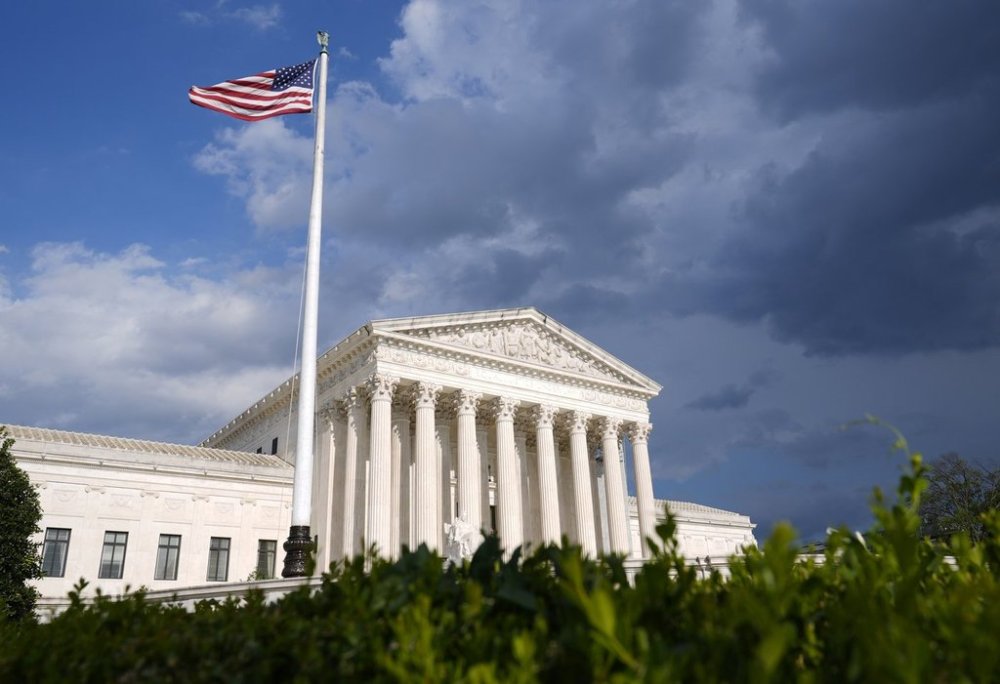Supreme Court rebuffs push to revive Missouri law barring police from enforcing some U.S. gun laws
Advertisement
Read this article for free:
or
Already have an account? Log in here »
To continue reading, please subscribe:
Monthly Digital Subscription
$0 for the first 4 weeks*
- Enjoy unlimited reading on winnipegfreepress.com
- Read the E-Edition, our digital replica newspaper
- Access News Break, our award-winning app
- Play interactive puzzles
*No charge for 4 weeks then price increases to the regular rate of $19.00 plus GST every four weeks. Offer available to new and qualified returning subscribers only. Cancel any time.
Monthly Digital Subscription
$4.75/week*
- Enjoy unlimited reading on winnipegfreepress.com
- Read the E-Edition, our digital replica newspaper
- Access News Break, our award-winning app
- Play interactive puzzles
*Billed as $19 plus GST every four weeks. Cancel any time.
To continue reading, please subscribe:
Add Free Press access to your Brandon Sun subscription for only an additional
$1 for the first 4 weeks*
*Your next subscription payment will increase by $1.00 and you will be charged $16.99 plus GST for four weeks. After four weeks, your payment will increase to $23.99 plus GST every four weeks.
Read unlimited articles for free today:
or
Already have an account? Log in here »
WASHINGTON (AP) — The Supreme Court refused Monday to revive a controversial Missouri gun law that bans police from enforcing some federal firearm laws.
The high court rejected a push to hear arguments over whether the state can block police from enforcing federal gun laws that don’t have an equivalent state law.
The measure imposed $50,000 fines for officers who knowingly enforced those federal laws, which include possession of firearms by some domestic violence offenders and weapons registration and tracking.

Lower courts found the 2019 law violated the Supremacy Clause, a section of the U.S. Constitution that says federal law takes precedence over state laws.
The justices refused to intervene in 2023, keeping the law blocked while a court fight between the state and the federal government played out.
The conflict wrecked a law-enforcement partnership dedicated to combatting violent crime after the state crime lab refused to process evidence that would help federal firearms prosecutions.
Republican lawmakers who helped pass the bill said they were motivated by the potential for new gun restrictions under then-President Joe Biden, a Democrat who signed the most sweeping gun violence bill in decades.

